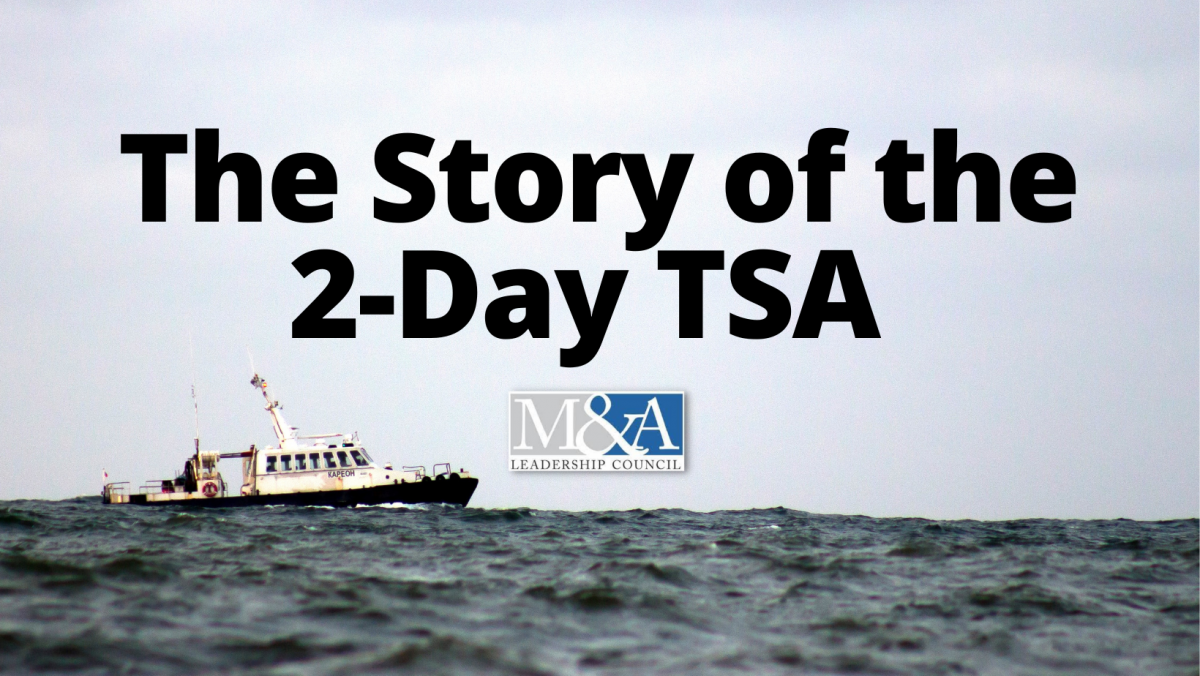How the Humane AI Pin Flopped
Days before gadget reviewers weighed in on the Humane Ai Pin, a futuristic wearable device powered by artificial intelligence, the founders of the company gathered their employees and encouraged them to brace themselves. The reviews might be disappointing, they warned.
Humane’s founders, Bethany Bongiorno and Imran Chaudhri, were right. In April, reviewers brutally panned the new $699 product, which Humane had marketed for a year with ads and at glitzy events like Paris Fashion Week. The Ai Pin was “totally broken” and had “glaring flaws,” some reviewers said. One declared it “the worst product I’ve ever reviewed.”
About a week after the reviews came out, Humane started talking to HP, the computer and printer company, about selling itself for more than $1 billion, three people with knowledge of the conversations said. Other potential buyers have emerged, though talks have been casual and no formal sales process has begun.
Humane retained Tidal Partners, an investment bank, to help navigate the discussions while also managing a new funding round that would value it at $1.1 billion, three people with knowledge of the plans said.
The developments amount to a face-plant by Humane, which had positioned itself as a top contender among a wave of A.I. hardware makers. The San Francisco company had raised $240 million from powerful Silicon Valley investors, including Sam Altman, OpenAI’s chief executive, and Marc Benioff, Salesforce’s chief executive, who valued the start-up at $1 billion based on its enormous ambition and promise. Humane spent five years building a device to disrupt the smartphone — only to flounder.
As of early April, Humane had received around 10,000 orders for the Ai Pin, a small fraction of the 100,000 that it hoped to sell this year, two people familiar with its sales said. In recent months, the company has also grappled with employee departures and changed a return policy to address canceled orders. On Wednesday, it asked customers to stop using the Ai Pin charging case because of a fire risk associated with its battery.
Its setbacks are part of a pattern of stumbles across the world of generative A.I., as companies release unpolished products. Over the past two years, Google has introduced and pared back A.I. search abilities that recommended people eat rocks, Microsoft has trumpeted a Bing chatbot that hallucinated and Samsung has added A.I. features to a smartphone that were called “excellent at times and baffling at others.”
In an interview, Ms. Bongiorno and Mr. Chaudhri, who are married, declined to comment on a possible sale or fund-raising for Humane. They said their ambitions for the Ai Pin had not changed, but they acknowledged that there was a difference between testing a device and actually using it.
“You don’t know everything before you launch,” Ms. Bongiorno said. Given the product reviews, Mr. Chaudhri said, they “definitely wish that we were able to resolve some of those things a little bit differently.”
HP didn’t respond to requests for comment.
This account of Humane is based on interviews with 23 current and former employees, advisers and investors, who requested anonymity because they were not authorized to speak publicly about the matter or feared retaliation. Bloomberg earlier reported on the start-up’s potential sale.
Many current and former employees said Mr. Chaudhri and Ms. Bongiorno preferred positivity over criticism, leading them to disregard warnings about the Ai Pin’s poor battery life and power consumption. A senior software engineer was dismissed after raising questions about the product, they said, while others left out of frustration.
Mr. Chaudhri said his company, which had 250 employees at its peak, encouraged workers to offer feedback. The departures were a natural consequence of transitioning from creating a new device to sustaining it after its release, which he said appealed to “a different type of person.”
Mr. Chaudhri and Ms. Bongiorno, who both worked at Apple, started Humane in 2019. They set out to create a lapel pin that clips to clothing with a magnet. The device gives users access to an A.I.-powered virtual assistant that can send messages, search the web or take photos. It is complemented by a laser that projects text onto the palm of a user’s hand for tasks like skipping a song while playing music. It also has a camera, a speaker and cellular service.
From the beginning, current and former employees said, the Ai Pin had issues, which reviewers later picked apart.
One was the device’s laser display, which consumed tremendous power and would cause the pin to overheat. Before showing the gadget to prospective partners and investors, Humane executives often chilled it on ice packs so it would last longer, three people familiar with the demonstrations said. Those employees said such measures could be common early in a product development cycle.
When employees expressed concerns about the heat, they said, Humane’s founders replied that software improvements reducing power use would fix it. Mr. Chaudhri, who led design, wanted to keep the gadget’s sleek design, three people said.
The device’s battery was not big enough to last long. Test units ran out of power within hours, current and former employees said. Humane decided to provide customers with a backup battery and charging case, which increased the product’s price more than $100, two employees said.
The problems contributed to Humane’s pushing back the date when it would ship the device to April from October, employees said.
Some employees tried persuading the founders not to launch the Ai Pin because it wasn’t ready, three people said. Others repeatedly asked them to hire a head of marketing. The role remained vacant before the product’s release.
In October, Time magazine named the Ai Pin one of the best inventions of 2023. The next month, Humane revealed the product’s details, promoting it in commercials.
But orders were slower than expected, three people said, leading Humane to reduce plans to produce more of the devices. Ms. Bongiorno declined to comment on sales.
In January, Humane laid off about 10 employees. A month later, a senior software engineer was let go after she questioned whether the Ai Pin would be ready by April. In a company meeting after the dismissal, Mr. Chaudhri and Ms. Bongiorno said the employee had violated policy by talking negatively about Humane, two attendees said.
Ms. Bongiorno said the company couldn’t comment on individual employees.
The founders said they had spoken with several reviewers as they evaluated the device and responded to questions about their experiences, which included concerns about the Ai Pin’s temperature and inaccurate responses to some requests.
On April 11, reviews in The New York Times, The Wall Street Journal and The Verge blasted the Ai Pin’s shortcomings. Marques Brownlee, a tech reviewer on YouTube with 19 million subscribers, headlined his review “The Worst Product I’ve Ever Reviewed … for Now.”
After the reviews, Ms. Bongiorno said, “we pulled the team together and we said: ‘OK, look, this is going to be painful. We’re going to have to lean into painful feedback.’”
Ms. Bongiorno and Mr. Chaudhri said Humane had since worked on the device’s issues. The start-up has added more voice navigation options to the device, as well as sound effects, to make it easier to use. The updates include integrating OpenAI’s newest chatbot system, GPT-4o, and one that is set to improve battery life by 25 percent and cut the device’s response time to two seconds.
Those updates have addressed the questions raised by reviewers, the founders said. Ms. Bongiorno referred to the reviews and feedback as “a gift that we’ve been given.”
Businesses are interested in the device, she added. Within 48 hours of its launch, more than 1,000 companies — including in retail, medicine and education — reached out to discuss potentially working together or building software for the pin, Ms. Bongiorno said.
Humane also signed wireless carrier deals to expand the Ai Pin to South Korea and Japan.
Some discussions, including with HP, turned into talks about a potential sale, as well as licensing Humane’s technology, three people with knowledge of the situation said. The conversations led Mr. Chaudhri and Ms. Bongiorno to hire Tidal Partners, an investment bank that had advised Cisco on its recent $28 billion acquisition of the cybersecurity business Splunk.
Those talks have continued as Humane dealt with its discovery that a battery supplier had provided components that could pose a fire risk. On Wednesday, it asked customers to stop using their charging case accessory while it worked to find a new vendor.
Humane had enough money to release its device, people close to the company said, but was trying to raise more.
“We just want to build,” Ms. Bongiorno said.
Mr. Chaudhri added, “We have to look at how best we fund that.”






